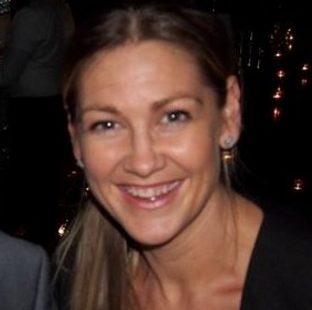Swisse considering less TV ad spend and more original content as part of deal with Australian Olympic team
Despite having enjoyed massive success and sales spikes with its sponsorship of a handful of Australian Olympians and Paralympians at the Rio Games last year, vitamin giant Swisse believes it can do even better next time by reducing its TV spend.

Sarah Chinball says Swisse enjoyed huge success with with its Olympic and Paralympic marketing program
Swisse is a sponsor of both the Australian Olympic and Paralympic teams, but also invested in extra content beyond its TV presence with a series of individual stories as well as daily ’24 hours in 60 seconds’ updates on the progress of the Aussies for the duration of both games.
However, speaking on a panel on leveraging sports marketing at the Mumbrella Sports Marketing Summit in Sydney, Swisse Wellness general manager Sarah Chibnall said next time Swisse would look at taking money out of TV and applying it to creating and sharing more original content.

